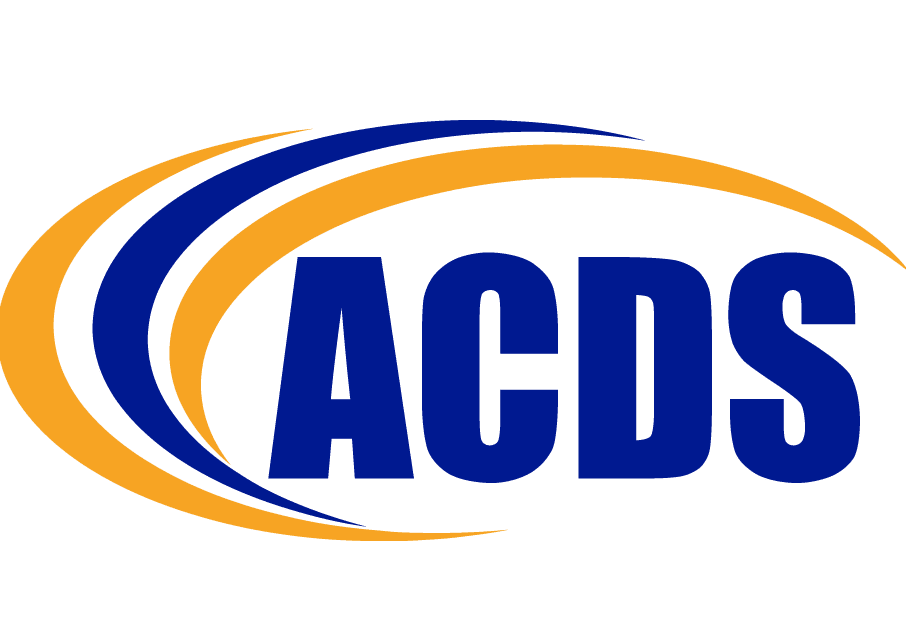
Edmonton’s Leading Disability Service Organization
Persons with Developmental Disabilities Program (PDD) Alberta
Learn more about the qualifications of the persons with developmental disabilities (PDD) application process and our corresponding group home care programs, and how we design a safe environment for your adult family member.
Accredited by Alberta Council of Disability Services for providing supportive, personalized care to children on the spectrum.

PDD Eligibility Criteria for Persons with Developmental Disabilities
Basic Requirements
- For PDD Edmonton eligibility, you must be a minimum of 16 years of age when applying for supports, ensuring great coverage for young adults transitioning to adulthood.
- Must be 18 when PDD services initiate
- Must reside in Alberta
- Must be a permanent resident or Canadian citizen
Disability Requirements
- Must have a developmental disability originating before age 18
- Could be a disability from birth or acquired during childhood
- Needing help to learn new things
- Requiring assistance with daily activities
- Distinct from physical disability, health conditions, or mental health disorders (learn more here)

Assessment Process
- A PDD Alberta caseworker reviews documents and conducts interviews to determine eligibility, providing a thorough and personalized assessment process.
- Assessments typically conducted by a registered psychologist:
- Types: Psychological Assessment Report, Psycho-Educational Assessment, Neuropsychological Assessment
- Assessments evaluate thinking, learning, reasoning, and behavior, and may include recommendations for adaptive technology to enhance daily living.
- PDD uses assessments to see if IQ is 70 or lower
Further Evaluation
- A Disability Services worker assesses:
- skills learned and applied in daily life, including potential for vocational training and employment opportunities.
- Abilities in housekeeping, social skills, hygiene, decision-making, and safety
- Adult’s level of independence

How Does the PDD Program Work in Alberta?
Once you apply for the PDD program and get approved, your caseworker will assign you a high-quality disability service provider in your community, ensuring excellent care tailored to your needs.
They will provide you with an outcome plan based on your family member’s needs, which the disability service agency uses to build a personalized care plan. Entrust Disability Services deploys a Supportive Care Model™ which helps us to provide robust care on all fronts: medical, administrative, physical facilities, technological requirements, and front-line care.
The PDD service program also supports individuals with a Family Managed Services agreement whereby an adult with developmental disabilities in Alberta can easily hire staff or an approved PDD agency in their community.
What PDD Program Pays on Average for Services
The largest portion of the budget is consistently allocated to Home Living Support, followed by Community Access Support and Employment Support.
Based on the data from 2018 to 2022, the government spent the following average amounts for each type of service:
- Community Access Support: Approximately $36,743,260
- Home Living Support: Approximately $158,826,400
- Employment Support: Approximately $6,691,314
Service Type
█ Home Living Support
█ Employment Support
█ Community Access Support
The Government of Alberta has increased allocations toward Home Living Support, while investments in Employment Support keeps fluctuating due to policy changes.
Given that Community Access is crucial for improving the health and wellness of adults with developmental disabilities, supports are mostly stable but have increased post-pandemic.
What Persons with Developmental Disabilities Funding Covers
Parents or guardians having adults with developmental disabilities can receive funds to avail the following services.
Outcome Plan with PDD Caseworker:
- Tailored plan to achieve outcomes from PDD services
- List of applicable services that will help meet needs
- References and resources in your community of residence
Supportive Care to Reach PDD Goals
- Behavioral counseling and targeted behavioral interventions to address challenging behaviors and promote positive outcomes
- Psycho-social assessments
- In-home respite
- Out-of-home respite
- Long-term residential care
- Community access to personal development activities, focusing on independent living skills and social skills development.
- Caregiver and staff training for improving support to adults, including advocacy support techniques to empower individuals with disabilities
- Periodic reviews of and adjustments to PDD outcomes, including transition planning for different life stages and changing needs.

What PDD Funding Doesn’t Cover
To support the individual with the right care, we dedicate our disability support workers towards core tasks approved under the PDD regulation, including cognitive therapies when appropriate.
However, the following care services are not covered for which you may consider enlisting the help of other health professionals.
PDD Contracts Will Not Cover:
- Monthly income, learn more about consistent payments on the AISH page
- Decision making on behalf of the adult
- Medical or assisted living equipment
- Supplementary medical or health services from speech therapists, psychologists, and occupational therapists
- Transportation services
- Housing supports
- Medical care supports
- Emergency/crisis supports
Book A Consultation
Frequently Asked Questions
How do you assist with the PDD application?
After reviewing PDD supports and services, we make sure that the individual is a right fit for the program, is genuinely interested in the program, and has consented to apply.
At this time, we are unable to help support you through the PDD application process; however, there are many resources an services to help you through your application – provided by the Government of Alberta.
Please see all available PDD resources below:
Resources and Links:
What documents are required for the PDD application?
During the PDD application process, the applicant will need to submit various documents to establish their eligibility. These documents may include proof of age and citizenship, such as a birth certificate or a permanent resident card, and an assessment report confirming their developmental disability. Additional documentation may be required if the individual is involved in other programs like FSCD, AISH, or AADL.
Are there fees associated with the application?
Yes, any fees incurred for obtaining the required medical documentation are the responsibility of the applicant. There are no fees charged by the Government of Alberta to submit the application.
When can I transition my child from FSCD to PDD?
Youth can start applying for PDD services at the age of 16. However, it’s crucial to understand that while applications can be submitted at this age, PDD services will not commence until the individual turns 18.
How does PPD relate to AISH?
While prospective Entrust clients must be qualified for PPD, Entrust does not have services for individuals who are only eligible for AISH, and must be eligible for both PPD and AISH.
Please see the full eligibility for AISH funding here.
